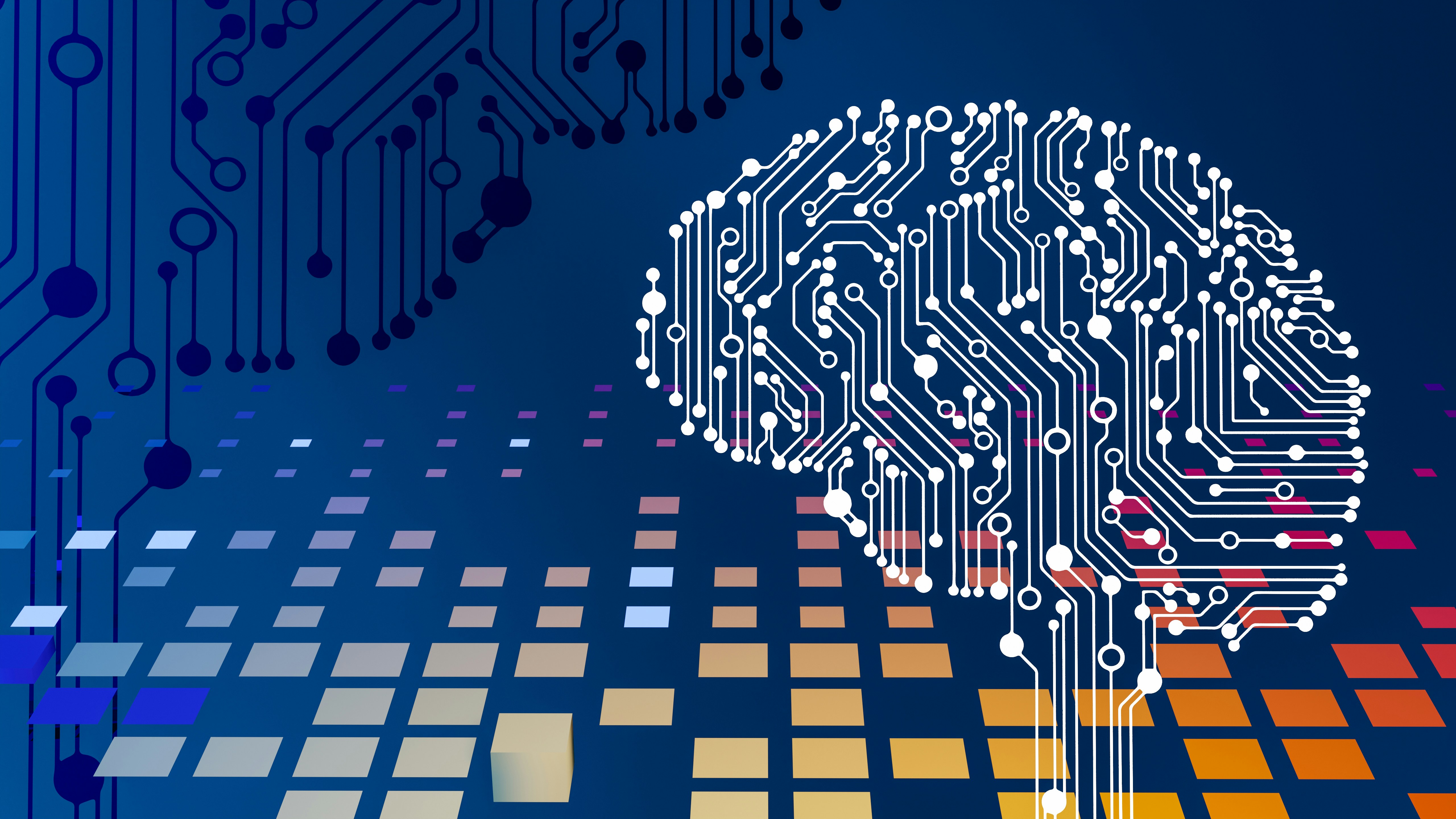
Artificial Intelligence (AI) is making waves in many industries, but its impact on the medical field is truly revolutionary. From improving patient outcomes to streamlining administrative tasks, AI's potential is vast and varied. But what does this mean for healthcare professionals and patients alike? In this blog post, we'll explore how AI is being integrated into the medical field, its benefits, challenges, and the future of healthcare.
The Rise of AI in Healthcare
AI technology has seen rapid advancements over the past few years. Its applications in healthcare are expanding, addressing numerous challenges faced by the industry. The rise of AI in healthcare is driven by the need for efficiency, accuracy, and improved patient care. With the increasing amount of data generated daily, AI provides a way to analyze and utilize this information effectively.
Enhancing Diagnostic Accuracy
One of the most significant benefits of AI in the medical field is its ability to enhance diagnostic accuracy. AI algorithms can analyze medical images, such as X-rays and MRIs, with a high degree of precision. This leads to early and accurate diagnosis of conditions like cancer, heart disease, and neurological disorders. For instance, AI software can detect abnormalities in mammograms that might be missed by human eyes, improving breast cancer detection rates.
Streamlining Administrative Tasks
Administrative tasks in healthcare can be time-consuming and prone to errors. AI can automate these processes, freeing up healthcare professionals to focus on patient care. From scheduling appointments to managing patient records, AI systems can handle various administrative functions efficiently. This not only saves time but also reduces the risk of mistakes that could affect patient safety.
Personalizing Patient Treatment
AI can analyze a patient's medical history, genetic information, and lifestyle factors to recommend personalized treatment plans. Personalized medicine aims to tailor medical treatment to the individual characteristics of each patient. By considering various data points, AI can suggest the most effective treatment options, leading to better patient outcomes. For example, in oncology, AI can help identify the most suitable chemotherapy drugs for a specific patient based on their genetic makeup.
Enhancing Telemedicine
The COVID-19 pandemic accelerated the adoption of telemedicine, and AI is playing a crucial role in enhancing its effectiveness. AI-powered chatbots and virtual assistants can triage patients, provide medical advice, and even monitor chronic conditions remotely. This improves access to healthcare services, especially for those in remote or underserved areas. AI-driven telemedicine platforms ensure that patients receive timely care without the need for physical visits.
Improving Clinical Decision-Making
Clinical decision-making is a critical aspect of healthcare, and AI can provide valuable support in this area. AI algorithms can analyze vast amounts of medical literature, clinical guidelines, and patient data to assist doctors in making informed decisions. For instance, IBM's Watson for Oncology uses AI to recommend treatment options for cancer patients based on the latest research and clinical evidence. This helps doctors stay updated with the latest advancements and make evidence-based decisions.
Revolutionizing Surgery
AI is also making its mark in the field of surgery. Robotic-assisted surgeries, guided by AI, offer greater precision and minimally invasive procedures. Surgeons can use AI-powered robots to perform complex surgeries with enhanced accuracy and reduced recovery times. AI can also assist in preoperative planning by simulating surgeries and providing real-time guidance during the procedure. This leads to better surgical outcomes and patient satisfaction.
Monitoring and Managing Chronic Conditions
Chronic conditions, such as diabetes and hypertension, require continuous monitoring and management. AI-powered wearable devices and remote monitoring systems can track a patient's vital signs and provide real-time alerts to healthcare providers. This enables proactive management of chronic conditions, preventing complications and hospitalizations. AI-driven platforms can also analyze data from wearable devices to identify patterns and trends, enabling early intervention.
Dentistry and AI
The field of dentistry is also benefiting from AI advancements. AI-powered dental imaging software can analyze X-rays and identify issues such as cavities, gum disease, and oral cancers with high accuracy. This allows dentists, like Kremer Dental Care, to diagnose and treat dental problems more effectively. Additionally, AI can assist in creating personalized treatment plans for orthodontic patients, improving the overall dental care experience.
Addressing Workforce Shortages
The healthcare industry is facing workforce shortages, with an increasing demand for healthcare services. AI can help bridge this gap by automating repetitive tasks and assisting healthcare professionals in their daily work. Virtual nursing assistants, powered by AI, can monitor patients, provide medication reminders, and answer common health-related questions. This reduces the burden on healthcare workers and ensures that patients receive continuous care.
Overcoming Challenges and Ethical Considerations
While AI offers numerous benefits, its integration into healthcare also comes with challenges and ethical considerations. Data privacy and security are paramount when dealing with sensitive patient information. Ensuring that AI algorithms are transparent, unbiased, and accountable is crucial to gaining the trust of both healthcare providers and patients. Additionally, there is a need for proper regulations and guidelines to govern the use of AI in healthcare.
The Future of AI in Healthcare
The future of AI in healthcare holds immense promise. Continued advancements in AI technology will lead to even more sophisticated applications in diagnostics, treatment, and patient care. AI-driven innovations, such as predictive analytics and precision medicine, will further revolutionize healthcare delivery. Collaboration between healthcare professionals, researchers, and AI experts will be essential to harness the full potential of AI and address any challenges that arise.
The Bottom Line
AI is transforming the medical field, offering numerous benefits in diagnostics, treatment, and patient care. From enhancing diagnostic accuracy to streamlining administrative tasks, AI is revolutionizing healthcare delivery. While challenges and ethical considerations exist, the potential of AI to improve patient outcomes and efficiency is undeniable. As AI technology continues to evolve, its integration into healthcare will play a pivotal role in shaping the future of medicine.